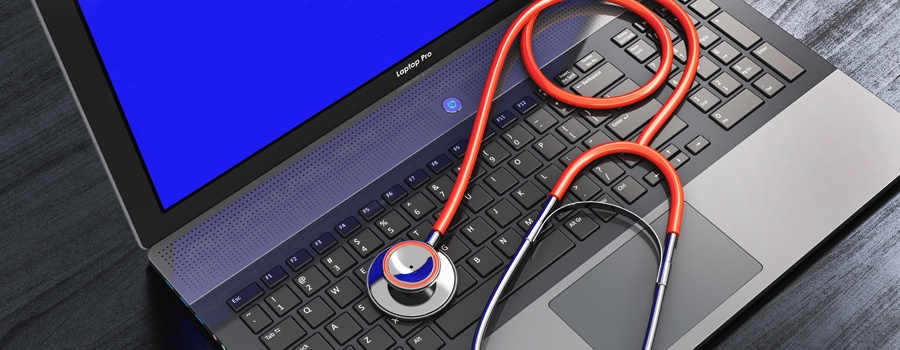Tag: ransom
-

Phishing Schemes Can Paralyze Your Medical Practice
“Phishing” occurs when emails are sent to individuals or entities in an attempt to fraudulently gain access to personal information or introduce malware into the computer system. These emails are often disguised to look familiar to the recipient. The perpetrator may disguise their communication to appear to be from a colleague, family member or friend.…
-

Medical Association Chooses PCIHIPAA to Help Benefit and Protect Its Members
MONTGOMERY – The Medical Association of the State of Alabama has partnered with PCIHIPAA to help protect its members from the onslaught of ransomware attacks, HIPAA violations and data breaches impacting Alabama physicians. Under HIPAA’s Security and Privacy Rules, health care providers are required to take proactive steps to protect sensitive patient information. “The Medical Association services more…